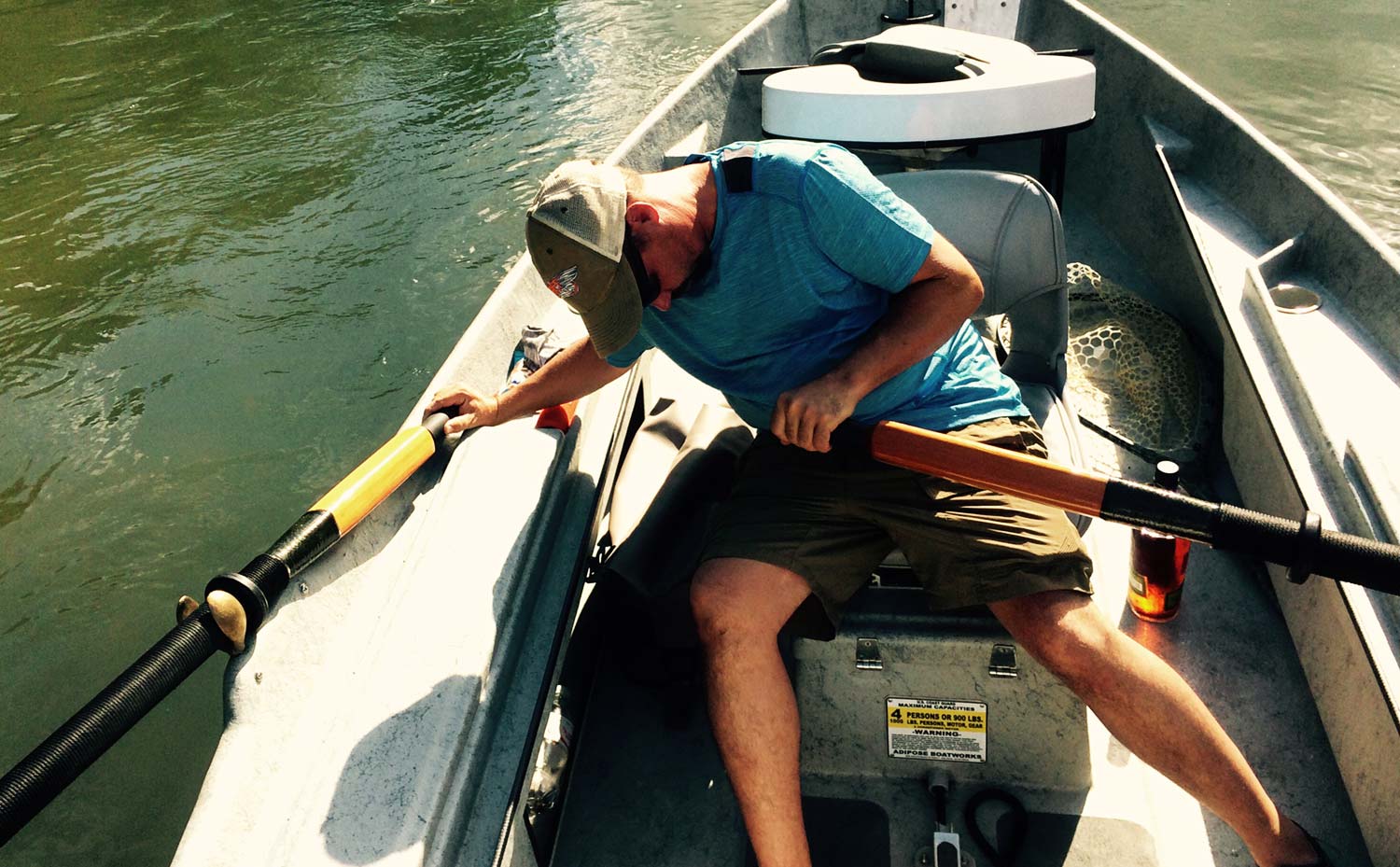
By Louis Cahill
It was the mid of summer, and the old people said they could not remember one hotter.
The man’s work was hard and honest. He toiled like a revenant with the pressure washer as if, along with the soot and grime, he might also wash away his sins and be clean. He thirsted but he did not drink. He hungered but he did not eat.
He had spent the whole of the night before arguing with the woman. She was angered by his fishing and could not understand his helplessness in the situation nor that fishing was a thing he must do and had no choice in. Today he would fish again, and tonight the woman would again be angry.
On the boat his stomach growled and was empty but only whisky did he offer to quiet his troubled gut. He explained, at great length, to his companion about the woman’s unreasonable nature and how she loathed the fishing, and the more he explained the less he understood and the more he looked to the whisky for answers.
There came a time when he had done so much explaining that he could no longer cast the rod he held and thought his drunken hands best put to work pulling the oars. He sat the rower’s seat with the whisky and he pulled both on the oars and the bottle until all was black, and in fear of his life, and what might become of the vessel, his companion had to run back and drop the anchor.
He was not small of stature and his companion, thinking he would move the man to another seat, managed only to place him over the cooler, his face against the hull and his haunches thrust to the sky. At the take-out, his companion thought of moving him from the boat but feared he might only drown the man in some unholy baptism and so left him there, hailing an Uber to where they had left his rig. If upon his return, the man was still intact, and his pants undisturbed, he would tether the boat and wench it with the man aboard.
So it was done and he took the man to his house where he would rest fitfully upon the couch and dream of fishes. In the morning he would awake with suspicion and regret about his actions. He would make apologies to his companion’s wife and he would make the long drive home in silence, thinking of the cruelty of time in its persistence and how he must make a full accounting of his actions, first to the woman and again to his employer. He would set about atoning for his sins and he would promise not to fish and not to drink, though he knew he would do both.
Louis Cahill Gink & Gasoline www.ginkandgasoline.com hookups@ginkandgasoline.com Sign Up For Our Weekly Newsletter!
… still a better day than not fishing!
Artful